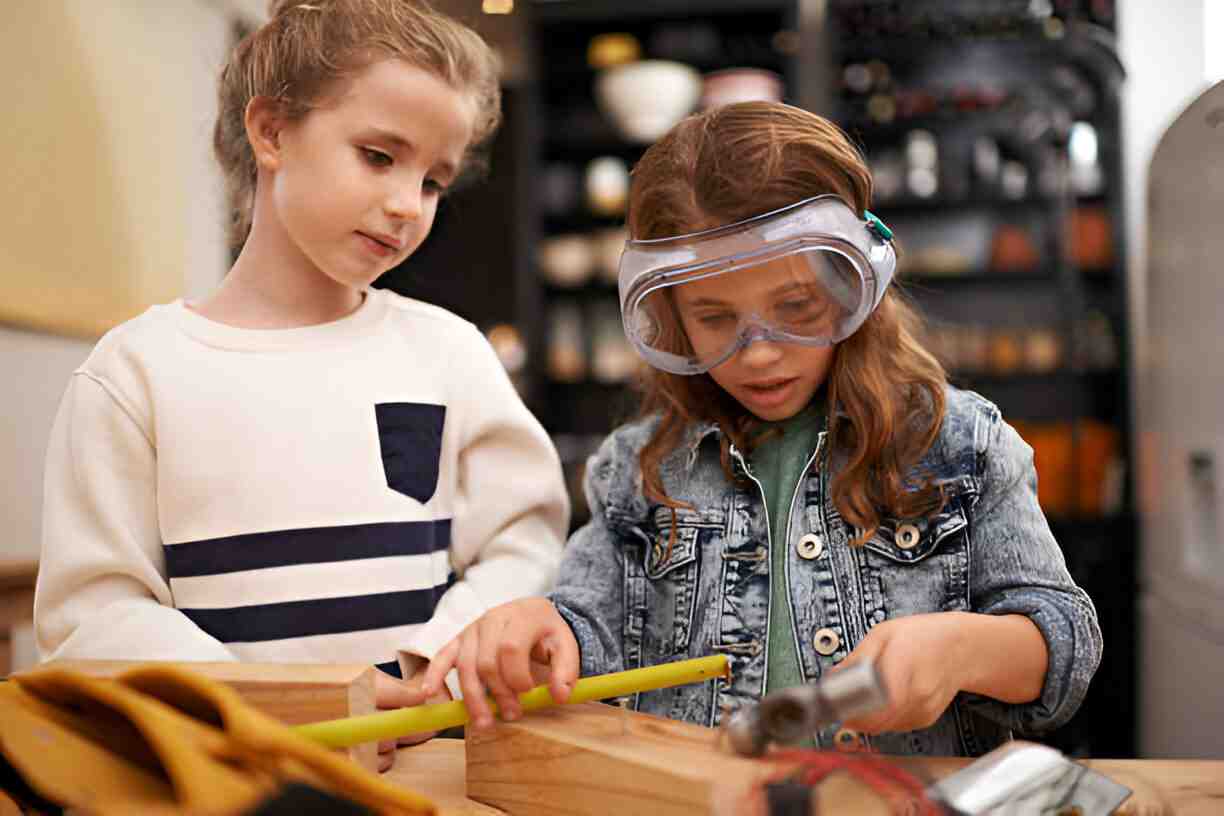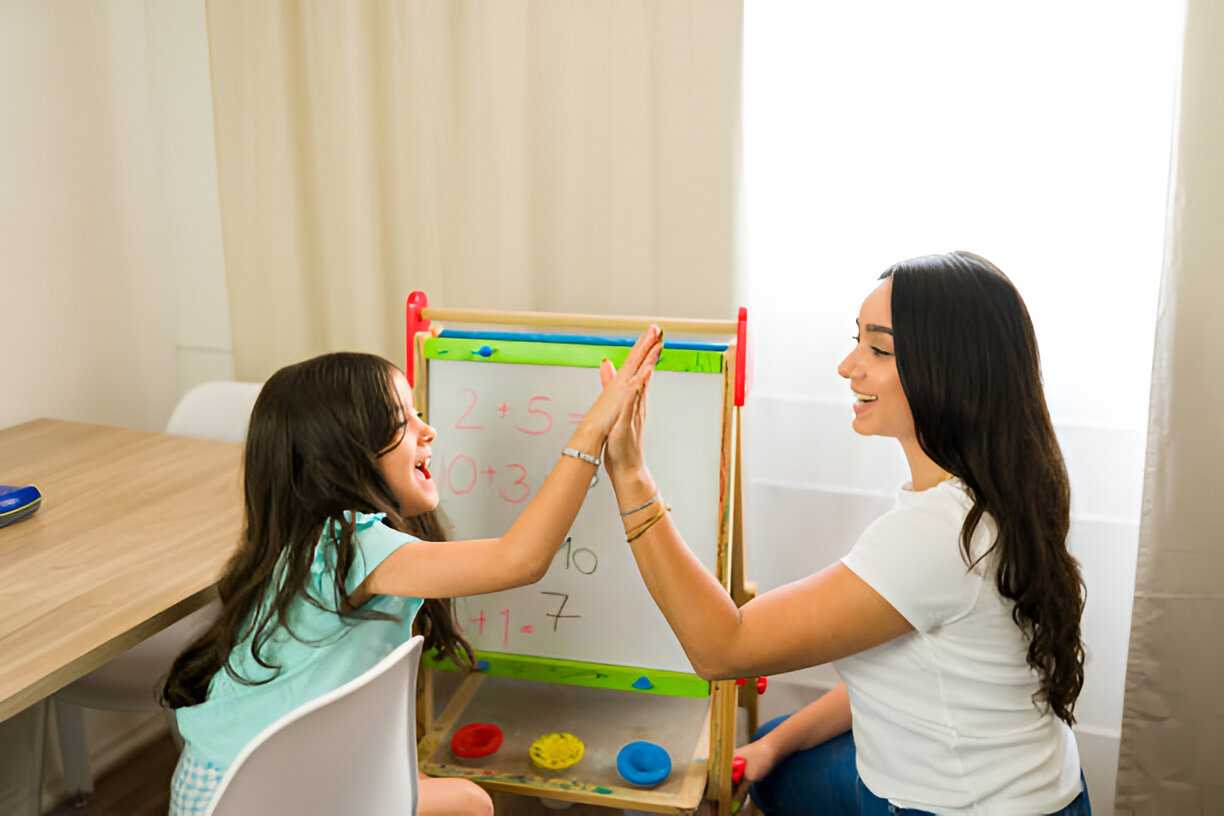Raising Confident Kids: Simple Steps to Foster Self-Esteem
As parents, one of our greatest desires is to raise confident, resilient, and self-assured children. We want them to believe in themselves, take on challenges with courage, and navigate life’s ups and downs with grace. But fostering self-esteem in kids isn’t about showering them with constant praise or shielding them from failure. It’s about creating an environment where they feel valued, capable, and empowered to grow.
In this article, I’ll share practical, real-life strategies to help you raise confident kids. Drawing from my own experiences as a parent and insights from child development experts, I’ll walk you through simple yet powerful steps to nurture your child’s self-esteem.

What Is Self-Esteem, and Why Does It Matter?
Self-esteem is how children see themselves—their sense of self-worth and belief in their abilities. It’s the foundation for their emotional well-being, relationships, and success in life. Kids with healthy self-esteem are more likely to:
- Take on challenges and persevere through setbacks.
- Form positive relationships with peers and adults.
- Make decisions that align with their values.
- Advocate for themselves and set healthy boundaries.
On the other hand, children with low self-esteem may struggle with self-doubt, fear of failure, and difficulty handling criticism. They might avoid trying new things or feel overwhelmed by everyday challenges.
The good news? Self-esteem isn’t fixed—it can be nurtured and developed over time. As parents, we play a crucial role in shaping how our kids see themselves.

Raising Confident Kids
To raise confident kids, you should;
1. Show Unconditional Love and Acceptance
One of the most powerful ways to build self-esteem is to let your child know they are loved and accepted for who they are—not for what they achieve or how they behave. This doesn’t mean you ignore bad behavior, but it does mean separating the behavior from the child.
Offer hugs, words of affirmation, and quality time, even on tough days. Let your child know that your love isn’t conditional on their achievements or behavior.
Also read:
- Raising Resilient Kids In An Overwhelming World
- Screen Time VS Outdoor Play: Striking the Right Balance

2. Encourage Effort Over Perfection
True confidence comes from trying, failing, and trying again. Encourage your child to focus on the process rather than the outcome. My daughter once spent weeks preparing for a school spelling bee. She was determined to win but ended up getting eliminated in the second round. Instead of focusing on her disappointment, we celebrated her hard work and courage. I said, “I’m so proud of you for practicing every day and standing up there in front of everyone. That takes guts!”
3. Teach Them to Embrace Failure
Failure is a natural part of life, and how kids handle it can make or break their self-esteem. Instead of shielding your child from failure, help them see it as an opportunity to learn and grow. When my son didn’t make the soccer team, he was devastated. Instead of downplaying his feelings, I acknowledged them: “I know how much you wanted this, and it’s okay to feel sad.” Then, we talked about what he could do differently next time, like practicing more or asking the coach for feedback. By reframing failure as a stepping stone, he learned resilience.
4. Give Them Responsibilities
Kids feel capable when they’re given opportunities to contribute. Whether it’s helping with chores, caring for a pet, or organizing their school supplies, responsibilities teach kids that they have value and can make a difference. Start small and age-appropriate. Celebrate their contributions and let them know their efforts matter.
5. Listen and Validate Their Feelings
When kids feel heard and understood, they develop a stronger sense of self-worth. Take the time to listen to their thoughts, feelings, and concerns without judgment.

6. Help Them Discover Their Strengths
Every child has unique talents and interests. Help your child discover what they’re good at and encourage them to pursue their passions. When kids engage in activities they enjoy and excel at, they build confidence and a sense of purpose.
Expose your child to a variety of activities—sports, music, art, coding—and observe what excites them. Celebrate their progress and achievements, no matter how small.

7. Model Confidence and Self-Compassion
Kids learn by watching us. If you want your child to be confident, model confidence in your own actions and words. At the same time, show them that it’s okay to make mistakes and be kind to yourself.
Be mindful of how you talk about yourself in front of your kids. Show them that confidence isn’t about being perfect—it’s about believing in your ability to learn and grow.

8. Encourage Healthy Risk-Taking
Confidence grows when kids step out of their comfort zones and try new things. Encourage your child to take healthy risks, whether it’s joining a new club, speaking up in class, or trying a challenging activity.
9. Limit Comparisons
Comparing your child to others—whether it’s their siblings, classmates, or friends—can damage their self-esteem. Every child is unique, with their own strengths and challenges.
I once caught myself saying, “Why can’t you be more organized like your sister?” The look on my son’s face made me realize how hurtful that was. Since then, I’ve made a conscious effort to celebrate each child’s individuality.
10. Be Their Safe Space
Let your child know that you’re their safe space—someone they can turn to no matter what. When kids feel secure in their relationships, they’re more likely to take risks, express themselves, and believe in their worth.
Create a home environment where your child feels safe to express their thoughts and emotions. Be their biggest cheerleader and their soft place to land.
What makes a child lack confidence?
A child’s lack of confidence can stem from a variety of factors which includes;
1. Parental Influence
- Overprotection: Overprotective parents may prevent children from taking risks or making decisions, hindering their ability to develop independence and confidence.
- Excessive Criticism: Constant criticism or unrealistic expectations can make children feel inadequate and doubt their abilities.
- Lack of Encouragement: If parents don’t acknowledge or praise a child’s efforts, the child may feel their achievements are unimportant.
2. Negative Experiences
- Bullying: Being bullied at school or in social settings can severely damage a child’s self-esteem.
- Failure or Rejection: Repeated failures or rejections (e.g., in academics, sports, or friendships) can make a child feel incapable.
- Trauma or Abuse: Experiencing trauma, abuse, or neglect can have long-lasting effects on a child’s self-worth.
3. Social Comparisons
- Sibling Rivalry: Constant comparison to siblings can make a child feel inferior.
- Peer Pressure: Comparing themselves to peers, especially in areas like academics, appearance, or popularity, can lead to feelings of inadequacy.
4. Academic Struggles
- Learning Difficulties: Children with undiagnosed or unaddressed learning disabilities may feel frustrated and lose confidence in their abilities.
- High Expectations: Pressure to excel academically can overwhelm a child, especially if they feel they can’t meet expectations.
5. Lack of Social Skills
- Difficulty Making Friends: Struggling to form or maintain friendships can make a child feel isolated and less confident in social situations.
- Fear of Judgment: A fear of being judged or ridiculed by peers can prevent a child from expressing themselves or trying new things.
6. Personality Traits
- Innate Temperament: Some children are naturally more cautious or sensitive, which can make them appear less confident.
- Perfectionism: A tendency to strive for perfection can lead to fear of failure and self-doubt.
7. Environmental Factors
- Unstable Home Life: Family conflicts, divorce, or financial stress can create an unstable environment, affecting a child’s sense of security and confidence.
- Lack of Role Models: Absence of positive role models who demonstrate confidence and resilience can limit a child’s ability to develop these traits.
8. Media and Societal Influences
- Unrealistic Standards: Exposure to unrealistic beauty, success, or lifestyle standards through media can make children feel they don’t measure up.
- Cultural Expectations: In some cultures, high expectations or rigid gender roles can pressure children to conform, stifling their individuality and confidence.
9. Physical or Mental Health Issues
- Chronic Illness or Disability: Physical health challenges can impact a child’s self-esteem, especially if they feel different from their peers.
- Mental Health Conditions: Anxiety, depression, or ADHD can affect a child’s confidence and ability to cope with challenges.
10. Lack of Opportunities
- Limited Exposure to New Experiences: If a child isn’t given opportunities to try new activities or take on responsibilities, they may not develop the skills or confidence to handle challenges.
- Restricted Autonomy: Not being allowed to make decisions or solve problems on their own can hinder a child’s ability to build self-confidence.

How to Help:
- Provide Encouragement: Celebrate their efforts and achievements, no matter how small.
- Foster Independence: Allow them to make decisions and take age-appropriate risks.
- Teach Resilience: Help them understand that failure is a part of learning and growth.
- Create a Supportive Environment: Offer a safe space where they feel valued and accepted.
- Seek Professional Help: If confidence issues persist or are severe, consider consulting a counselor or therapist.
Raising confident kids is a journey, not a destination. It’s about showing up every day with love, patience, and intentionality. By fostering a supportive environment, encouraging effort, and modeling self-compassion, you can help your child build the self-esteem they need to thrive.
Remember, confidence isn’t about being the best—it’s about believing in yourself, even when things are hard. And as parents, we have the incredible privilege of helping our children discover just how amazing they are.
So take a deep breath, trust the process, and know that you’re doing an amazing job. Your love and guidance are the greatest gifts you can give your child. And in the end, that’s what truly matters.
That concludes the topic, “Raising Confident Kids: Simple Steps to Foster Self-Esteem”.

